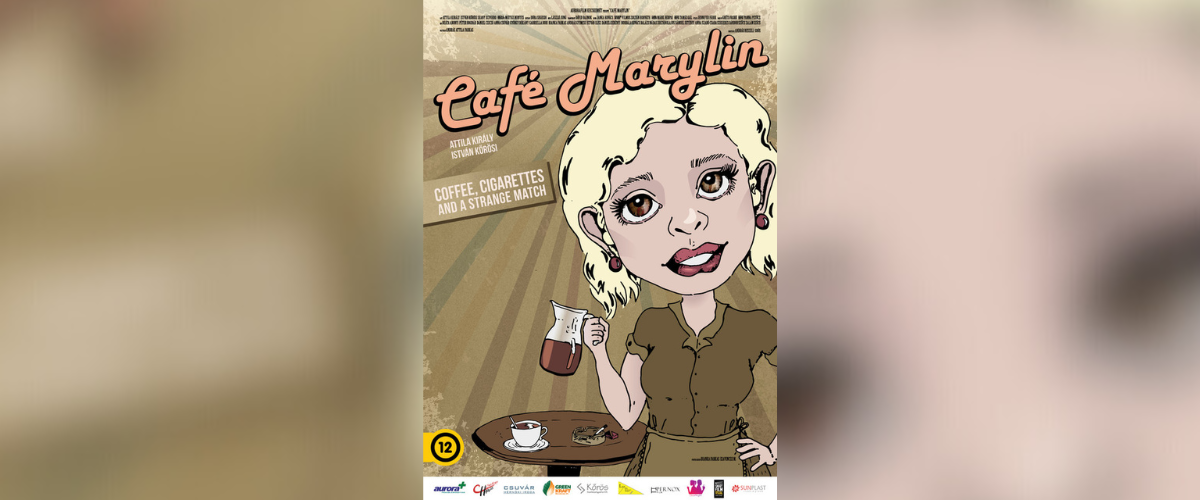
Behind the celebrity glow, one can hide not only an immeasurable pride, but also a blood-stained past. ‘Café Marylin‘ is the x-ray of such an artist’s portrait, which virulently demystifies the idols of moviegoers to bring human misery to light. András Reszeli-Soós’ short film is not necessarily a social critique but rather a subtle attack on how the spotlight alters the perception of art consumers. Thus, the project brings together two characters – the idol and the fan – whose meeting gradually reveals more and more sensitive and tense layers. In the end, everything degenerates into an extreme, slow-burn psychological confrontation, taken by the almost theatrical convention of the script to a highly refined discursive level. As in an Ibsenian play, the dialogue between the two men gradually reveals increasingly dark fragments of the main star’s past so that, eventually, those mistakes are redeemed, according to the principles of a Greek tragedy, by the main actor’s final „exit stage left.”
Starting from the pretext of the doppelgänger, the short film depicts the meeting between an actor famous for his voice behind some popular movie characters and a fan who seems to possess a very similar voice. But, when the star sees in his “double” a potential competitor, but also a threat that could compromise his “uniqueness,” he realizes that things can get out of his control. The pattern is repeated according to the established formula: the double becomes his nemesis.
András Reszeli-Soós chooses an extremely psychologically consistent narrative concept, preferring to let the text and the two actors do their magic. Thus, the aesthetic he adopts is “transparent,” lacking emphasis, with minimal interventions, but with editing that supports the dramatic progression. This stylistic choice fits perfectly since any additional ornament could compromise the objectivity of the camera’s eye that gradually reveals the intentions of the two characters. Everything seems a game of appearances in which we can no longer discern concrete reality from theatricality, as in a psychodrama where the central participant erases the boundary between convention and discursive authenticity. Despite its apparent compositional simplicity, ‘Café Marylin’ is a complex short film that we are happy to award in our festival.






